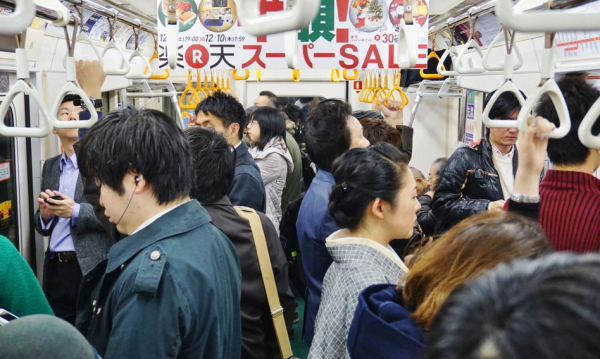Japan's population has been falling steadily for 14 years, the Asahi Shimbun daily wrote on Tuesday, commenting on data from the Ministry of Internal Affairs. The data show that the country's population fell by 898,000 to 120.3 million in a year, marking the biggest decline since 1950.

Data from the Ministry of Internal Affairs published on Monday also show that the total population of the country as of October 1, 2024 – i.e. including foreigners – amounted to approximately 123.8 million, which means a year-on-year decrease of approximately 550,000 people.
As emphasized, the ageing of society is progressing – the age group 65+ constitutes a record 29.3% of the population , and people aged 75 and over constitute 16.8%. The percentage of people under 15 years of age fell to the lowest level in history of 11.2%. People of working age (15-64 years) constitute 59.6% of the population.
Japan's birth rate, one of the lowest in the world, is causing a shrinking labor force, falling consumption, and difficulty recruiting workers. In 2024, a record low of just 720,988 babies were born.
Demographers point out that many young Japanese are putting off getting married and having children for a variety of reasons, from concerns about finding employment to changing social values that make them attach less importance to marriage.
Japan is also increasingly turning to a young foreign workforce, but still maintains a restrictive immigration policy, allowing foreign workers to enter only temporarily.
Krzysztof Pawliszak (PAP)
krp/ akl/






